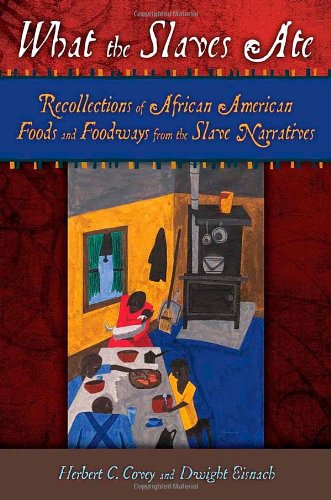

Most ebook files are in PDF format, so you can easily read them using various software such as Foxit Reader or directly on the Google Chrome browser.
Some ebook files are released by publishers in other formats such as .awz, .mobi, .epub, .fb2, etc. You may need to install specific software to read these formats on mobile/PC, such as Calibre.
Please read the tutorial at this link: https://ebookbell.com/faq
We offer FREE conversion to the popular formats you request; however, this may take some time. Therefore, right after payment, please email us, and we will try to provide the service as quickly as possible.
For some exceptional file formats or broken links (if any), please refrain from opening any disputes. Instead, email us first, and we will try to assist within a maximum of 6 hours.
EbookBell Team

4.7
16 reviewsCarefully documenting African American slave foods, this book reveals that slaves actively developed their own foodways-their customs involving family and food. The authors connect African foods and food preparation to the development during slavery of Southern cuisines having African influences, including Cajun, Creole, and what later became known as soul food, drawing on the recollections of ex-slaves recorded by Works Progress Administration interviewers. Valuable for its fascinating look into the very core of slave life, this book makes a unique contribution to our knowledge of slave culture and of the complex power relations encoded in both owners' manipulation of food as a method of slave control and slaves' efforts to evade and undermine that control.
While a number of scholars have discussed slaves and their foods, slave foodways remains a relatively unexplored topic. The authors' findings also augment existing knowledge about slave nutrition while documenting new information about slave diets.